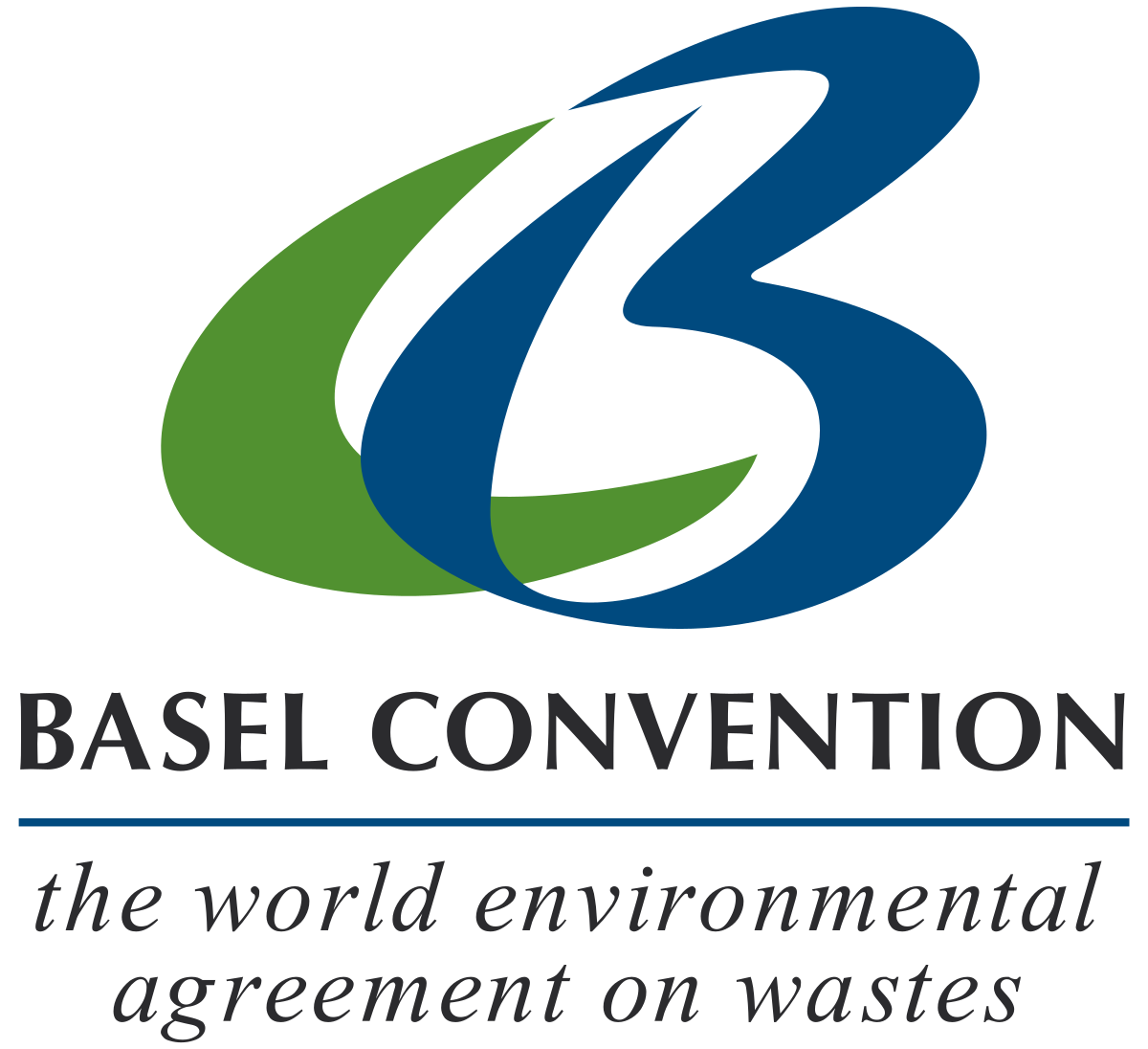
Vietnam’s Participation in the Basel Convention: Controlling Hazardous Waste Transboundary Movements
Vietnam became a party to the Basel Convention on the Control of Transboundary Movements of Hazardous Wastes and their Disposal on March 13, 1995. The convention entered into force for Vietnam on June 11, 1995. Since its ratification, Vietnam has actively fulfilled its obligations as a member of the Basel Convention. The country has strengthened coordination among its ministries and authorities and collaborated with international partners to manage hazardous waste (HW) and prevent the illegal transboundary movement of such waste.
The Basel Convention’s Ban Amendment, which came into effect on December 5, 2019, prohibits the export of hazardous waste from countries in the Organization for Economic Cooperation and Development (OECD) to non-OECD nations. Although Vietnam has not ratified this amendment, the country has aligned its waste management policies with this principle. Under the 2014 Environmental Protection Law, Vietnam strictly bans the importation of all forms of waste, including hazardous waste. This national law aligns with the Basel Convention’s Ban Amendment, supporting Vietnam’s commitment to preventing waste imports.
The Basel Convention, established in 1989, remains the most important international legal instrument governing hazardous waste and other forms of waste. In its early years, the convention’s primary focus was on regulating the transboundary movement of hazardous waste and developing environmentally sound waste management practices. Over time, it has expanded its scope to emphasize waste management throughout its lifecycle and minimizing hazardous waste generation.
In May 2019, 187 countries adopted amendments to the Basel Convention aimed at reducing transboundary movements of plastic and hazardous waste. These amendments, effective from January 1, 2021, require exporting countries to obtain consent from recipient nations before shipping plastic waste. The amended Basel Convention has added plastic waste unsuitable for recycling to its controlled waste list, ensuring transparency in global waste trade and safer waste management for both human health and the environment.
Vietnam’s active participation in the Basel Convention demonstrates its dedication to managing hazardous waste and aligning with global environmental standards. The Ministry of Natural Resources and Environment (MONRE) serves as Vietnam’s national focal point for implementing the Basel Convention, ensuring that the country meets its commitments to safeguard human health and the environment from the harmful effects of hazardous waste.
Keywords: Basel Convention, hazardous waste, Vietnam, transboundary movement, Ban Amendment, environmental protection, waste management.


